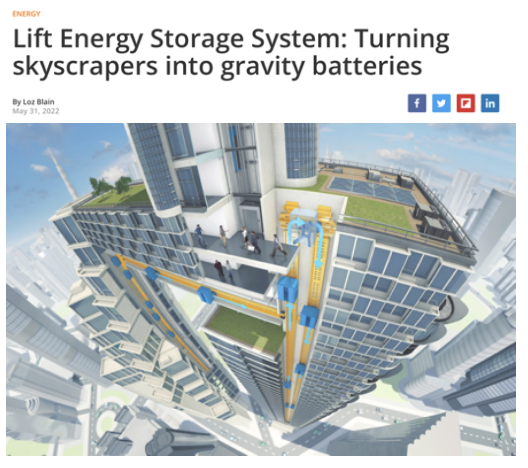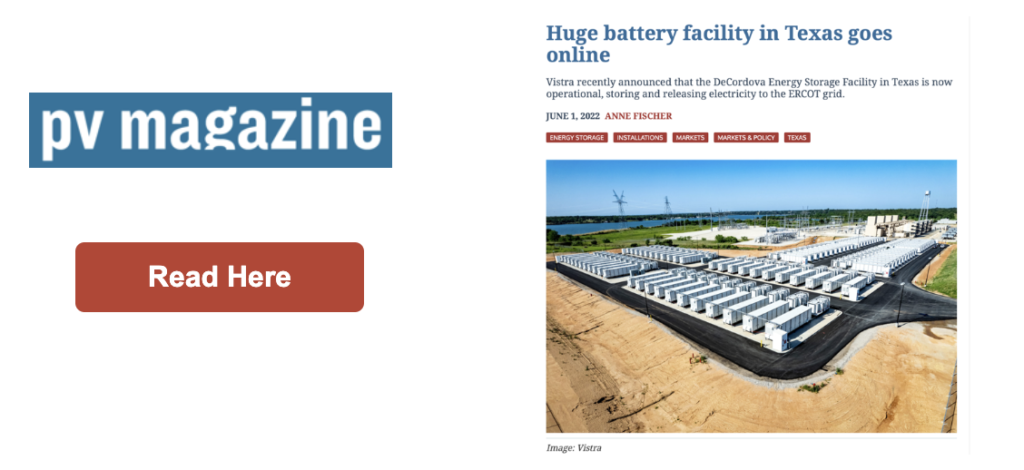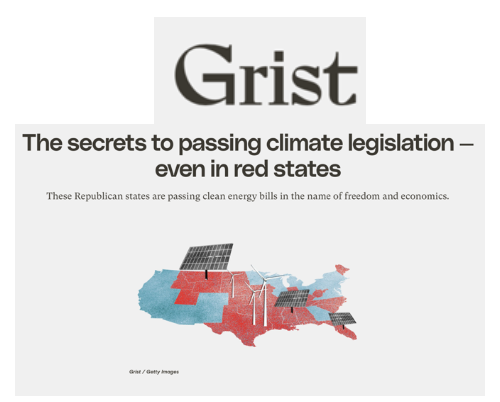WHAT WE’RE WORKING ON
Standing Up for the Free Market
Over the course of the last 18 months, there have been concerted efforts to undermine the free-market structure of the Texas energy and electricity market. Various actors with diverse motivations have been working in the regulatory and legislative arenas to whittle away at electric deregulation and return Texas to a monopolistic structure. We recently filed comments with the Public Utility Commission of Texas opposing these efforts, and stating our position that:
“the Commission should continue to rely on free markets and robust competition to deliver reliable solutions rather than government mandates. Competition and choice in the Texas electricity market has allowed innovation and technology to flourish in Texas. Other regions of the country are reforming their electricity markets to be more like Texas because they recognize that our approach is the best path to an affordable, reliable, and resilient electricity system.
As was often stated after the outages in February, the failure of our grid was not a market design failure – a capacity market design would have failed as well. Looking forward, the development of additional strategies to improve grid reliability should continue to rely on competition in the marketplace to realize the best results.”
CTEI continues to believe that free markets are the best option for Texans and the ERCOT Region and respectively recommends that the Commission reject calls to transition ERCOT to a centralized command and control electric grid that turns its back on the benefit of competition and free markets.
We will continue to stand up against these and other efforts that seek to punish particular energy sources and push back against ill-conceived attempts to increase the cost of energy for Texans.
Creating “Energy Entrepreneurs” and Advancing Energy Freedom
We were thrilled to see Tesla’s recent request to change the rules for grid operators in Texas in order to enable anyone with solar and batteries, including residential homeowners, to participate in the state’s energy market. CTEI made certain to register our support at ERCOT for this significant step toward more energy freedom for Texans.
Arushi Sharma Frank, Tesla’s US Energy Markets Policy Lead, commented on LinkedIn, “It’s horrendously hot in large parts of the country too early in the year compared to past years. The early heat waves are a huge challenge for electric grid operators … Home solar and battery customers have been providing their extra clean energy capacity back to constrained grids daily, around the world, and gotten paid for it. We’re trying to enable that in Texas/ERCOT this year.”
If approved, this development will unleash tremendous economic opportunity for homeowners with solar and/or home batteries. CTEI will continue to support this favorable development and advocate for additional ways for Texans to become “energy entrepreneurs”. Stay tuned!
WHAT WE’RE READING

The future of clean energy is going to look a lot different than the past. Major oil and gas companies across the globe see a changing world. While they are still investing in the traditional oil and gas patch, they are accelerating their investments in the clean energy sector. Read this OP-ED about how the oil & gas giants are growing their clean energy portfolios.


It’s not every day we find ourselves in agreement with the Dallas Morning News because the opposite is usually the case. But we are intrigued by a concept floated by the Dallas Morning News in their recent editorial, “Texas’ energy pipelines are creating an unfair market – Wild West of pipelines increases costs at every level of powering Texas.”. The paper’s point is a simple one – the current structure of the intrastate pipeline market is not a free market and allows some companies to enjoy monopolies in certain regions. This amounts to a government sanctioned cartel.
To be clear, we aren’t opposed to private companies earning a profit. But in order for the free market to work, there have to be guardrails in place to ensure a level playing field and fair competition. This is a job for the Legislature and Texans deserve a serious review to determine the correct approach to the regulation of intrastate pipelines.

To borrow a common refrain, the future is upon is and it looks incredible. Check out this recent article in New Atlas that highlights a new technological innovation primed for development. As we all know, renewable energy is intermittent and energy storage and release will be critical in the next few decades. Researchers in Europe have put forth a fascinating solution, proposing to turn skyscrapers into giant gravity batteries for remarkably cheap, renewable energy storage.
The concept is simple enough: excess renewable energy can be stored as potential energy, by using it to lift something heavy up to a higher point. That energy can then be released by using gravity to drive some kind of generator. This technology would take advantage of any elevator downtime, by moving heavy items – like big containers of wet sand – from the bottom of the building up to the top, when excess renewable energy is available, and from the top to the bottom, when that energy can be used or sold back into the power grid.


A recent news story in Grist.com highlighted the success of some Republican states in passing clean energy bills – “in the name of freedom and economics.” What’s causing the state-level breakthroughs? It’s partly a matter of Republicans defining climate action on their own terms, and partly a matter of economics.
Texas and Oklahoma are among the states that added the most clean power to the grid last year. Although there’s still a lot of resistance to these changes, Saha suggests that red states are doing more than you’d think to tackle the climate crisis. “We often think of rural America as being very opposed to climate policies, but I think that’s not a very accurate portrayal of what’s happening,” Saha said. Republican resistance to climate-friendly initiatives can start to soften if there’s a strong economic case for them. “Done right, we don’t need to lose U.S. jobs over this,” said Senator John Curtis, a Republican from Utah, during a recent panel discussion on climate change and bipartisanship. “I think we can reduce greenhouse gas emissions and actually fuel our economy at the same time.”

